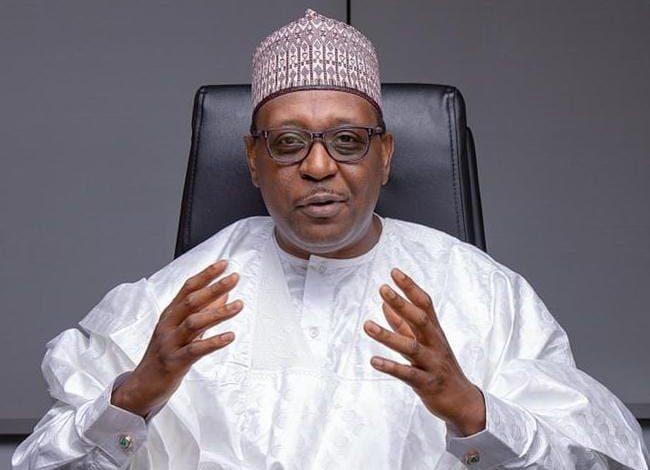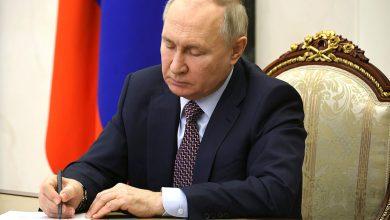
The European Union (EU) has launched a €40 million programme aimed at strengthening access to reproductive and adolescent health (SARAH) in Nigeria, specifically targeting Sokoto, Adamawa, and Kwara states. The initiative will be implemented by the Nigerian federal government in collaboration with the United Nations Population Fund (UNFPA) and the United Nations Children’s Fund (UNICEF).
At the launch event held in Abuja on Wednesday, Nigeria’s Minister of Health and Social Welfare Muhammad Pate, expressed appreciation for the EU’s support in addressing the country’s health challenges. Represented by John Ovuoraye, the director of the gender, adolescent, social health, and elderly division at the ministry, Pate noted that the programme would help tackle significant health issues facing Nigeria.
“We are extremely pleased and grateful to the EU for answering the government’s call to pool resources, both domestic and international, to tackle health issues collectively,” Pate said.
The programme, which will run for four years, was also endorsed by Gautier Mignot, the head of the EU delegation to Nigeria, represented by Anthony Anyeke. Mignot highlighted the importance of accessible healthcare, informed choices, and strong partnerships for achieving sustainable health outcomes.
“Our wish is to continue advocating for accessible healthcare, informed choices, and strong partnerships fostered through effective coordination among stakeholders,” Mignot added, urging partners to take proactive steps to improve sexual and reproductive health services in Nigeria.
Cristian Munduate, UNICEF’s country representative, emphasized the programme’s alignment with Nigeria’s broader health agenda, noting, “This initiative is a significant investment in Nigeria’s present and future. It is about building a healthier, more resilient nation where every woman, adolescent, and child can thrive.”
The SARAH programme is set to make a lasting impact by improving reproductive health services, particularly for women and adolescents, while strengthening the healthcare system in the three targeted Nigerian states.





